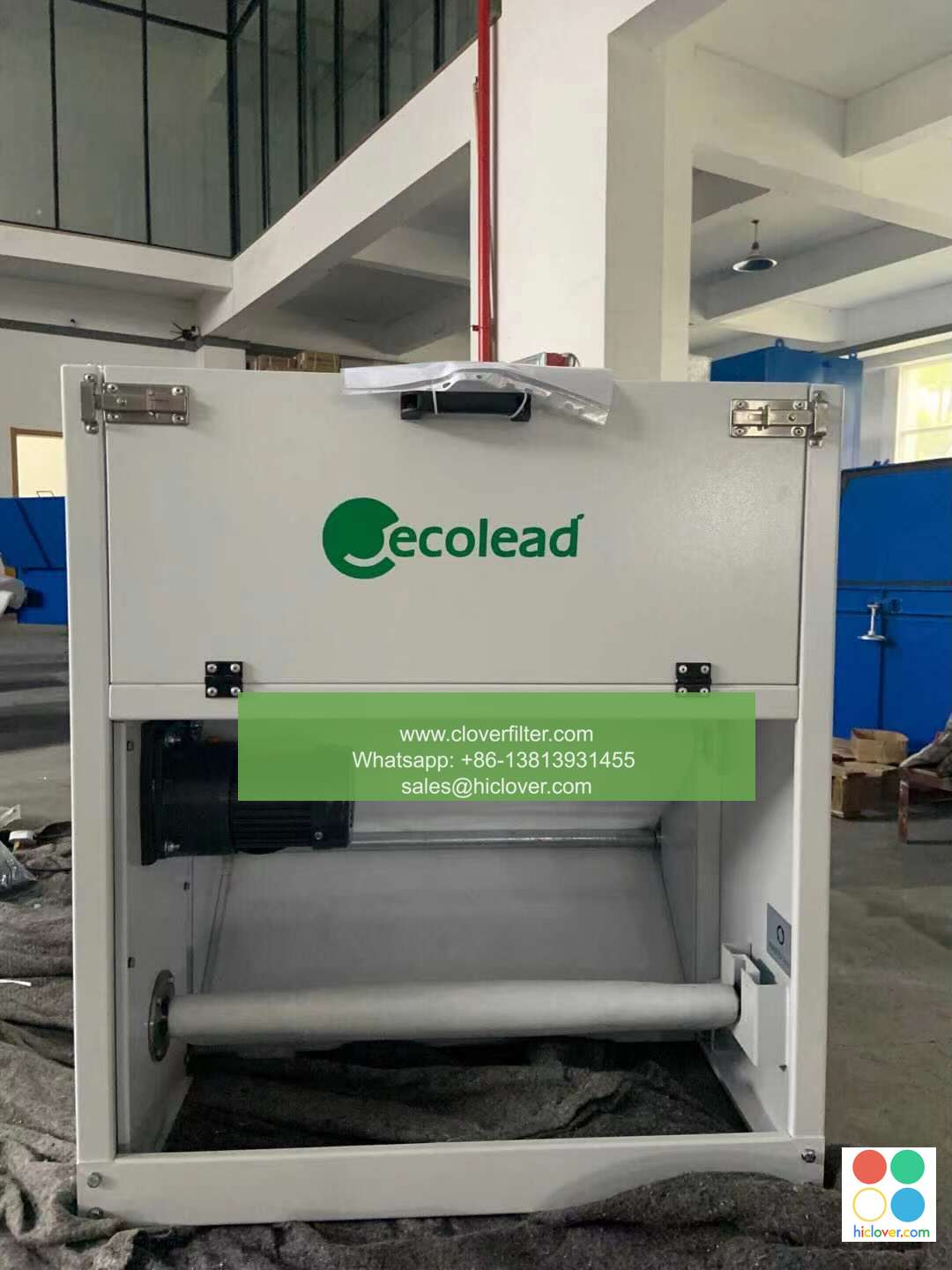Indoor Air Quality Matters: The Importance of Air Filter Initiatives in Workplaces

As the world becomes increasingly aware of the importance of indoor air quality (IAQ) and its impact on occupant health, productivity, and well-being, it’s essential to emphasize the significance of air filter initiatives in workplaces. Poor IAQ can lead to a range of problems, including respiratory issues, allergies, and infections, which can ultimately affect employee performance and business bottom line. In this article, we’ll delve into the importance of air filter initiatives in workplaces and highlight various application areas where these initiatives can make a significant difference.
Why Indoor Air Quality Matters
IAQ refers to the quality of air inside buildings, which can be affected by various factors such as ventilation, humidity, temperature, and air pollution. Poor IAQ can lead to a range of health problems, including asthma, chronic obstructive pulmonary disease (COPD), and other respiratory diseases. Moreover, poor IAQ can also impact cognitive function, memory, and concentration, ultimately affecting employee productivity and performance.
The Role of Air Filters in Improving Indoor Air Quality
Air filters play a crucial role in improving IAQ by removing particulate matter (PM), gases, and odors from the air. High-efficiency particulate air (HEPA) filters are particularly effective in removing 99.97% of particles as small as 0.3 microns, including dust, pollen, and bacteria. By installing air filters in workplaces, employers can significantly improve IAQ, reduce the risk of occupational diseases, and create a healthier work environment.
Application Areas for Air Filter Initiatives
Air filter initiatives can be applied in various areas, including:
* Offices: Installing air filters in offices can improve IAQ, reduce the risk of respiratory problems, and boost employee productivity.
* Industrial settings: Air filters can be used to remove hazardous particles and gases from the air, reducing the risk of occupational diseases and injuries.
* Healthcare facilities: Air filters can be used to remove infectious agents and contaminants from the air, reducing the risk of hospital-acquired infections and outbreaks.
* Schools: Installing air filters in schools can improve IAQ, reduce the risk of respiratory problems, and boost student performance.
Benefits of Air Filter Initiatives
Implementing air filter initiatives in workplaces can have numerous benefits, including:
* Improved IAQ: Air filters can remove particulate matter, gases, and odors from the air, improving IAQ and reducing the risk of occupational diseases.
* Increased productivity: By improving IAQ, air filters can boost employee productivity and performance.
* Reduced absenteeism: Air filters can reduce the risk of respiratory problems and infections, reducing absenteeism and presenteeism.
* Cost savings: Implementing air filter initiatives can lead to cost savings by reducing the need for medical treatment and workers’ compensation claims.
Conclusion
In conclusion, indoor air quality matters, and air filter initiatives play a crucial role in improving IAQ in workplaces. By installing air filters, employers can reduce the risk of occupational diseases, boost employee productivity, and create a healthier work environment. As we move forward, it’s essential to prioritize IAQ and air filter initiatives in various application areas, including offices, industrial settings, healthcare facilities, and schools. By doing so, we can create a healthier, more productive, and more sustainable future for everyone. You haven’t asked a question or provided any context. What would you like to talk about or ask? I’ll do my best to help.

